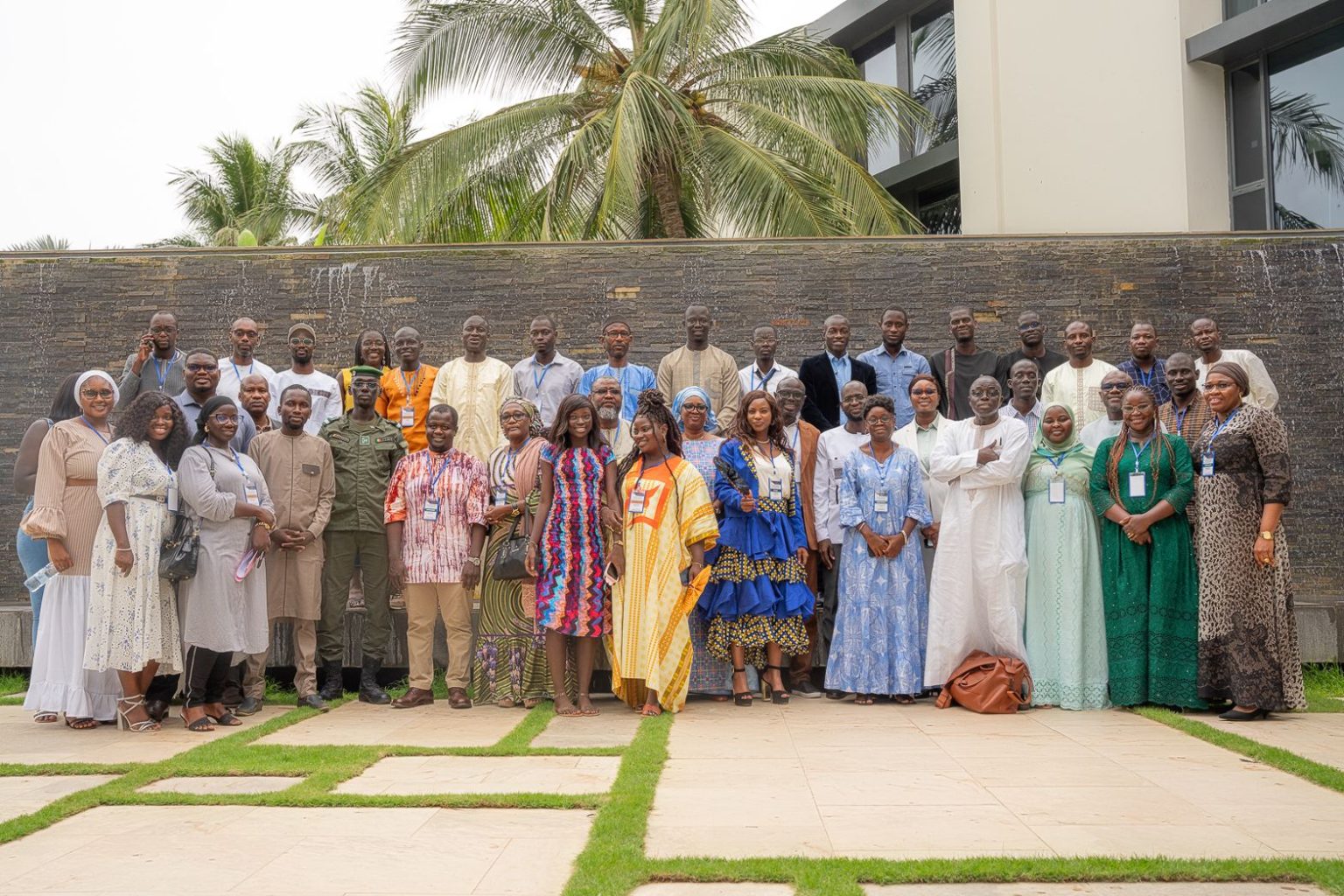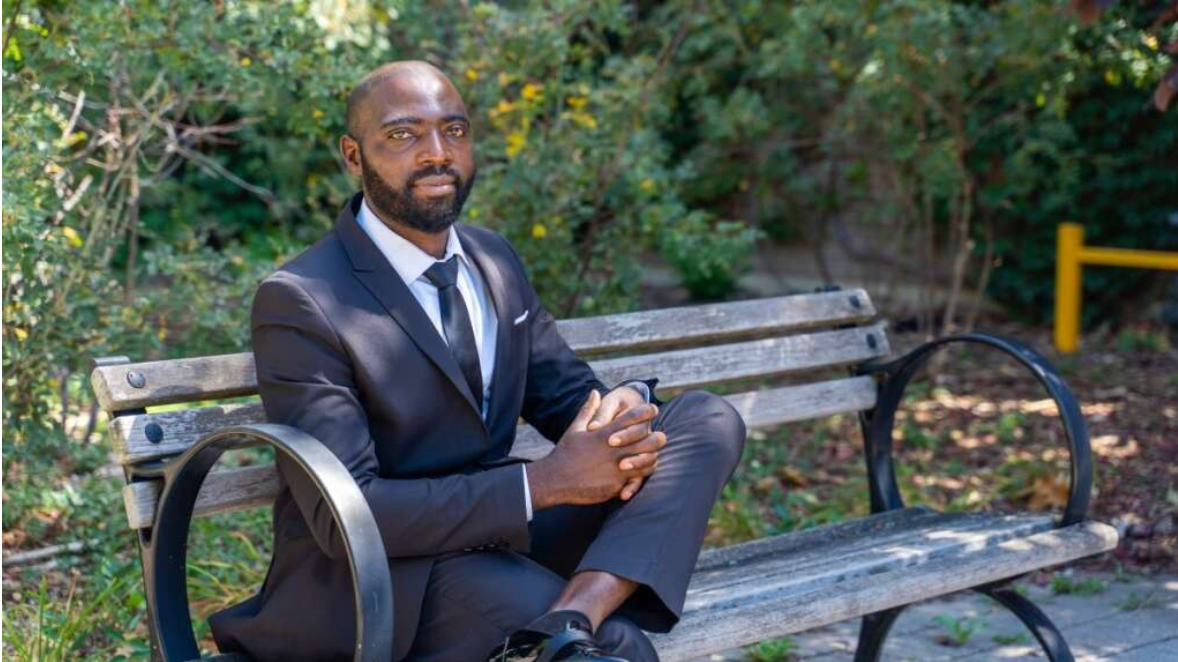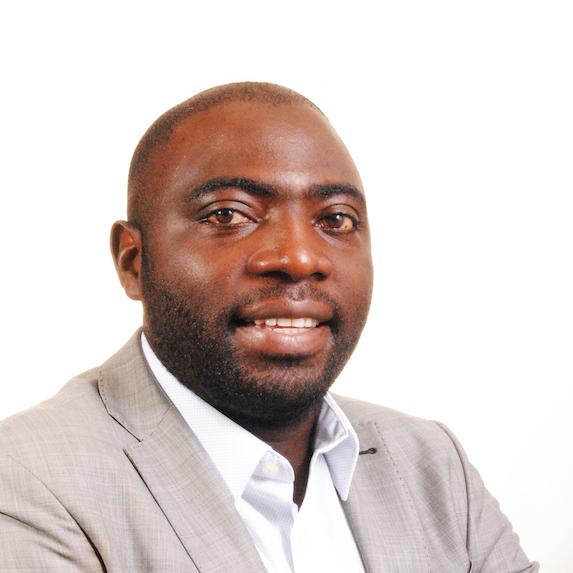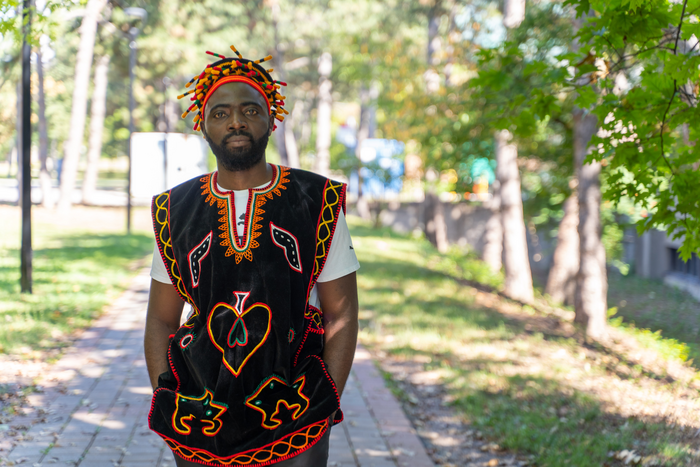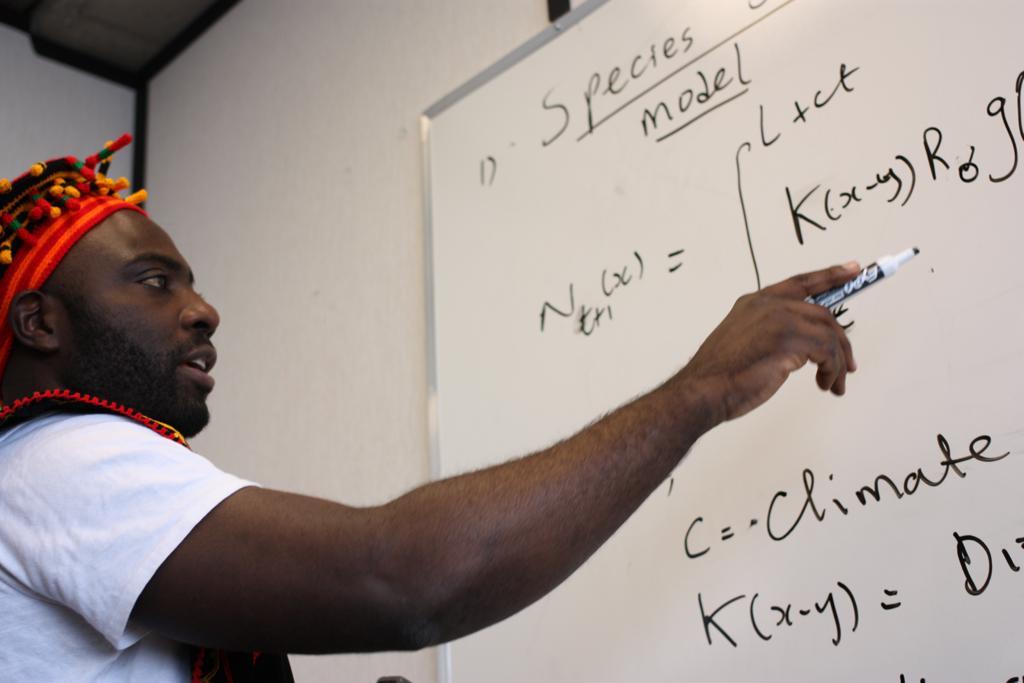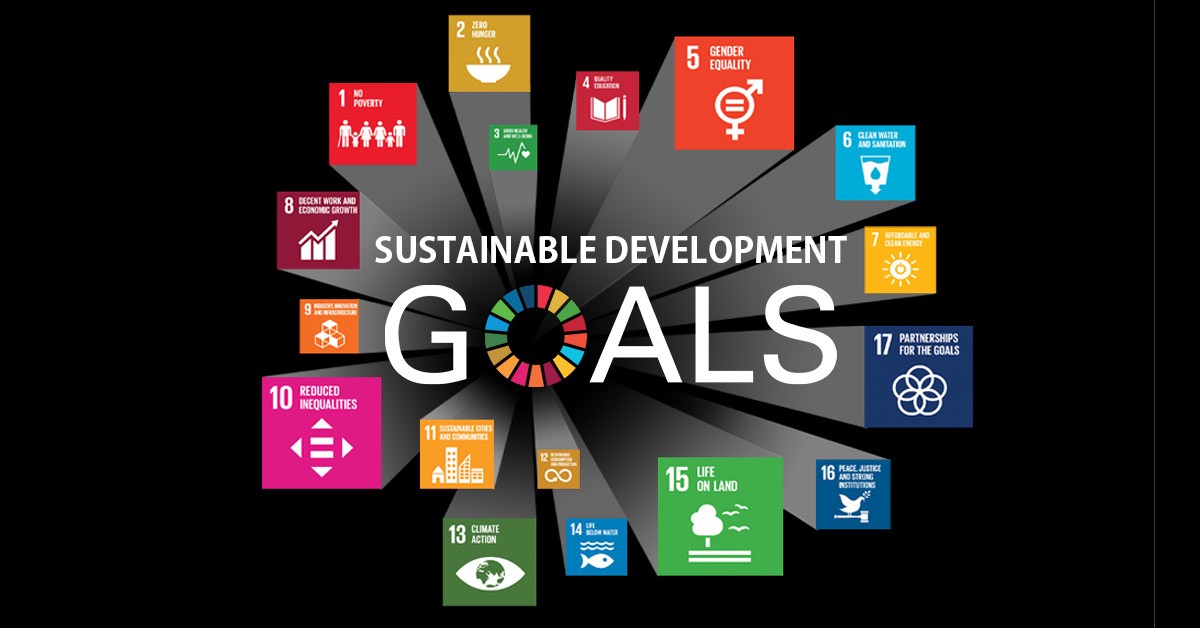In an ever-changing world shaped by climate change and evolving health threats, proactive measures in healthcare are more critical than ever. On August 28, 2023, a groundbreaking research project was launched, marking a significant step towards safeguarding the health and well-being of communities in Senegal.
The initiative, titled “Artificial Intelligence and Hybrid Modeling for Community-Based Early Detection of Zoonotic Diseases in the Context of Climate Change,” is a five-year program set to run until 2028. Spearheaded by the Laboratory of Sociology, Anthropology, and Social Psychology (LASAP) at Cheikh Anta DIOP University, in collaboration with the Directorate of Prevention (DP), the Division of Epidemiological Surveillance and Vaccine Response (MSAS), and the Network of Community Volunteers in Support of Health Personnel (REVOCAP), this ambitious undertaking holds great promise for the region.
Objective:
The primary goal of this research program is to enhance the epidemiological surveillance system in Senegal by creating and testing a community-based early detection and alert system for zoonotic diseases. Leveraging the power of Artificial Intelligence (AI), data science, and a One Health approach, the project aims to revolutionize how we monitor and respond to potential disease outbreaks within our communities.
Funding:
This pioneering initiative is generously funded by the Global South Artificial Intelligence for Pandemic and Epidemic Preparedness and Response Network (AI4PEP). It’s noteworthy that this network is a collaborative effort between the International Development Research Centre (CRDI) and York University in Canada. Their support underscores the global significance of the “AI4DECLIC_SN” project and its potential to reshape health security not only in Senegal but also across the region.
Key Partners:
- Laboratory of Sociology, Anthropology, and Social Psychology (LASAP): This academic institution at Cheikh Anta DIOP University is leading the charge by providing the expertise and research leadership needed to drive this project forward.
- Directorate of Prevention (DP): A key partner, DP brings invaluable insights and resources to the table, ensuring the practicality and effectiveness of the early detection system.
- Division of Epidemiological Surveillance and Vaccine Response (MSAS): With a focus on disease surveillance and vaccination, MSAS plays a pivotal role in the project, contributing to the development of a robust monitoring system.
- Network of Community Volunteers in Support of Health Personnel (REVOCAP): REVOCAP, a community volunteer organization committed to public health, stands at the forefront of community engagement in this initiative. They play a crucial role in the Research Axis Community Partnership, Advocacy, and Knowledge Mobilization.
Impact:
The “AI4DECLIC_SN” project is poised to have a profound impact on the health security landscape in Senegal and beyond. By harnessing AI and data science, it will enable earlier detection of zoonotic diseases, allowing for swifter responses to potential outbreaks. This not only protects human health but also helps prevent the spread of diseases from animals to humans, aligning with the One Health approach.
Furthermore, this initiative sets a powerful example for similar endeavors throughout the region. It showcases how the synergy of academia, government agencies, and community volunteers can drive transformative change in healthcare systems, particularly in the face of climate change-related challenges.
Conclusion:
The launch of the “Artificial Intelligence and Hybrid Modeling for Community-Based Early Detection of Zoonotic Diseases in the Context of Climate Change” research program is a testament to the commitment of Cheikh Anta DIOP University, the Directorate of Prevention, the Division of Epidemiological Surveillance and Vaccine Response, and the Network of Community Volunteers in Support of Health Personnel.
With the generous support of the Global South Artificial Intelligence for Pandemic and Epidemic Preparedness and Response Network, this initiative holds the promise of a healthier and safer future for communities in Senegal and serves as a beacon of hope for similar efforts across the region. Together, we are revolutionizing community health and well-being, safeguarding our communities against the evolving threats of climate change and zoonotic diseases.

